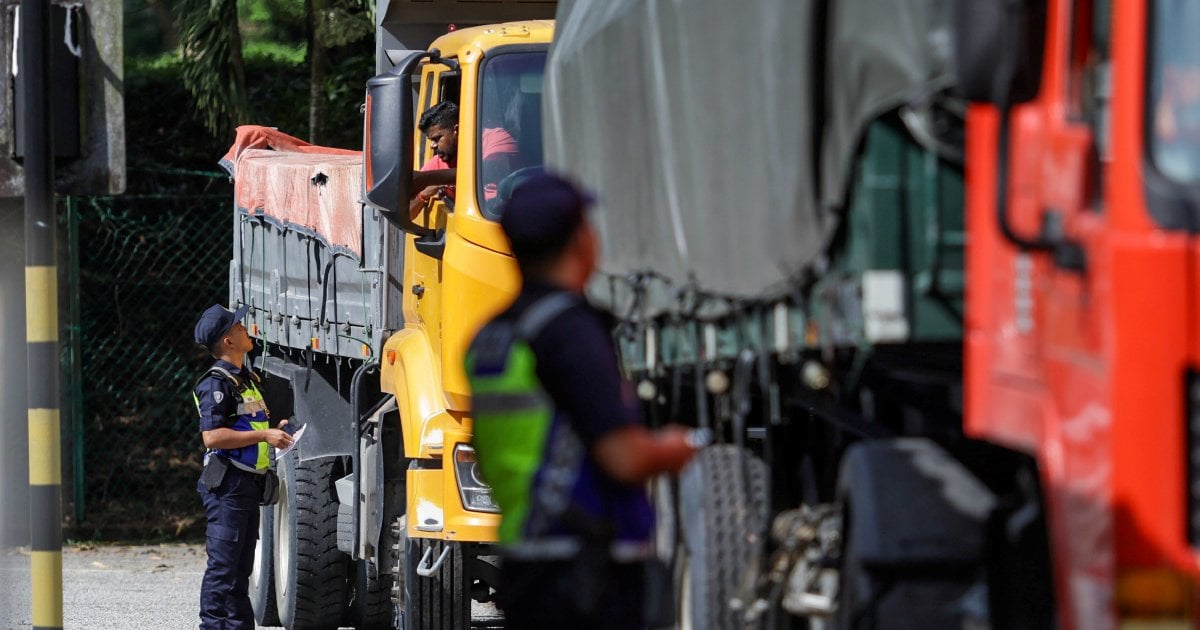IF there were awards for consistent incorrigibility, intransigence and belligerence, our commercial vehicle operators will win them annually.
In the months that followed the tragic bus crash that killed 15 Universiti Pendidikan Sultan Idris students, the industry only showed brief remorse.
Once the backlash had simmered down, operators were back to their errant ways, deploying buses that are red flagged the moment they hit the highways.
Otherwise, the Kuala Lumpur Road Transport Department (RTD) wouldn’t have so easily hauled in 575 vehicles and issued 1,672 summonses for various offences in the first 17 days of its four-month Op Khas Gempur Perdagangan.
The guilty committed four major offences — continuous driving on the right lane, overtaking on double lines, expired motor vehicle licence and insurance and non-compliance with construction and use specifications.
Heavy vehicles were detained for serious and repeated violations linked to flawed technical specifications, poor maintenance and reckless or unethical driving.
The RTD was being kind when they described the level of violations as “worrying”. We’ll state the obvious: this is pure criminal negligence. Why the wilful stubbornness to do what’s right? What will it take to compel these obstinate operators to comply?
We will pin expired driving licences to the drivers’ complacency, but for operators who repeatedly fail to renew vehicle road tax and insurance, we’ll hang it on them.
It would seem that these obdurate operators regard legal requirements for vehicles as “optional”, so the RTD must take enforcement to the next level — heed the law or lose the business.
Start with strict enforcement of lane usage rules, installing speed control and GPS tracking devices, regular inspections and tougher penalties for violations.
A special task force led by the Transport Ministry must coordinate between the RTD, police, Land Public Transport Agency and National Anti-Drugs Agency to ensure consistent enforcement. These actions are easy.
The harder part will be to educate drivers and operators from succumbing to economic pressures, inadequate deterrents and systemic problems.
Drivers earning commission-based pay that rewards speeding, more frequent trips, fuelled by fatigue and drug use, must be stopped with safer processes.
As for overloading, failure to meet technical specifications and unsafe conditions, operators should be warned that their businesses can be shut down for good.
There is also potential collusion between operators and enforcers. “Cartels” that overlook persistent violations are ominous, but this bull-headedness must be matched with radical enforcement.
One is on the way: all vehicles must have speed-limitation devices that cap speeds at 90kph and be installed with HS-WIM systems to detect overloading in real-time.
These approaches aren’t revolutionary. It’s just common sense to make up for the greed and recalcitrance.
© New Straits Times Press (M) Bhd






